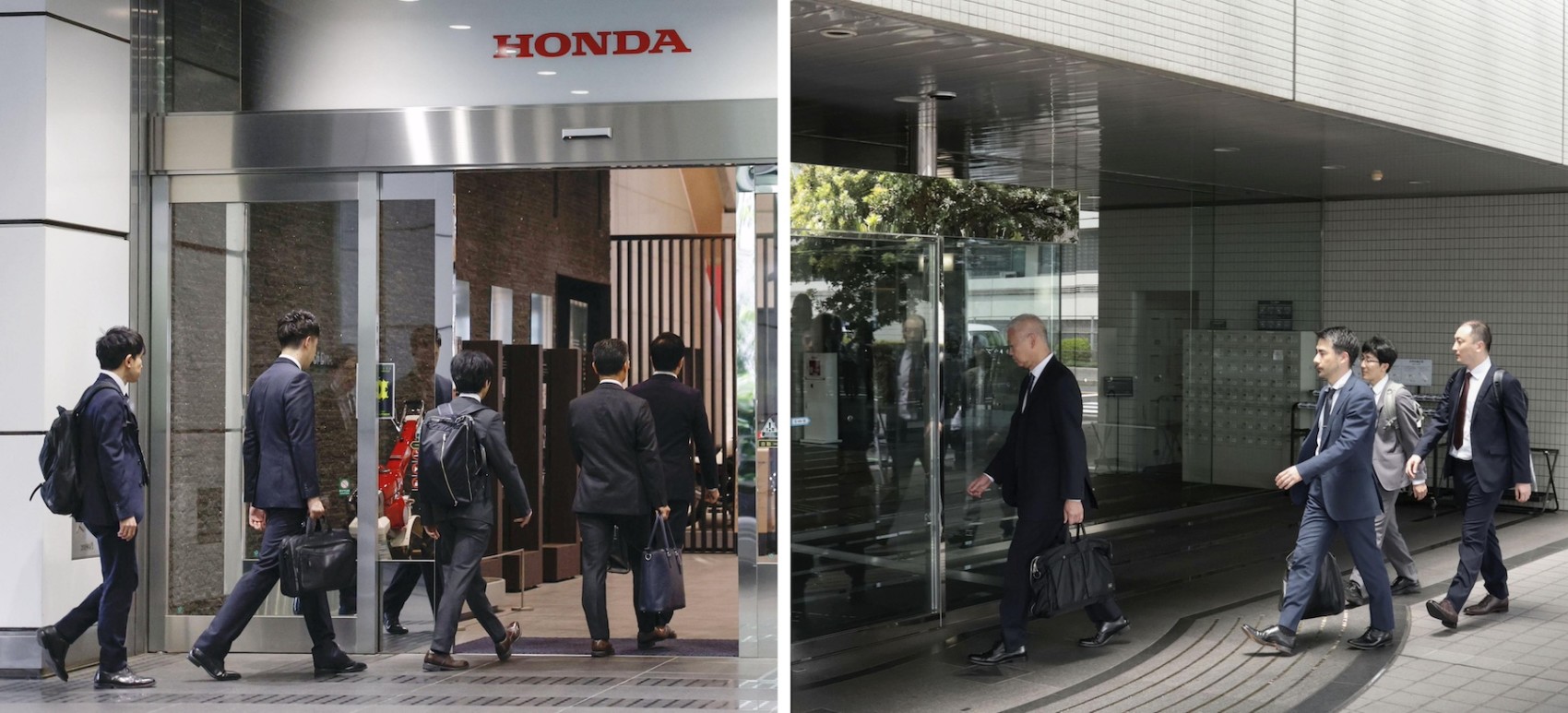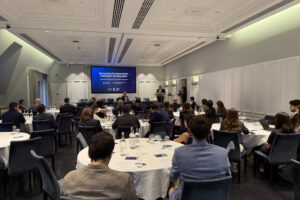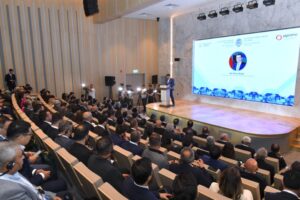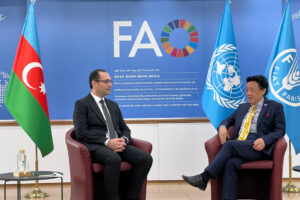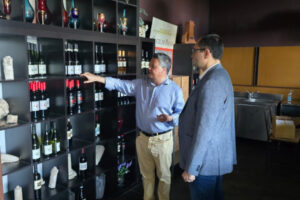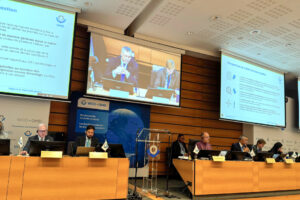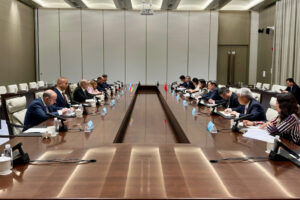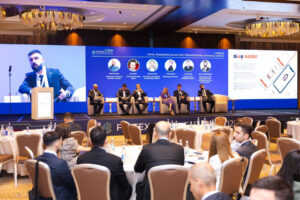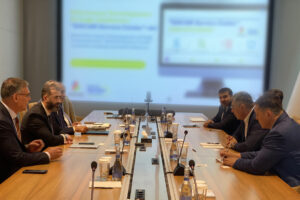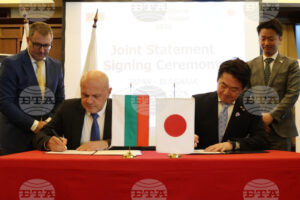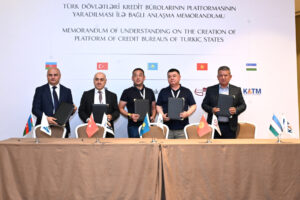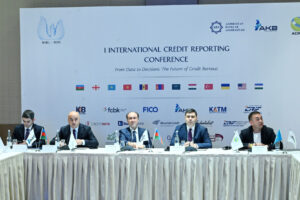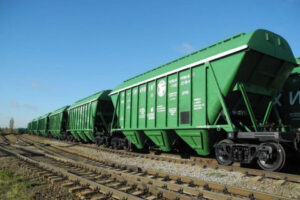Tokyo, 11 June, /AJMEDIA/
Japan’s transport ministry inspected the headquarters of Honda Motor Co and Mazda Motor Corp on Monday after massive cheating on vehicle certifications by the two automakers and three other companies came to light.
Toyota Motor Corp, Yamaha Motor Co and Suzuki Motor Corp also faced on-site probes last week after the five companies said tests for certifications required for mass production were not conducted in line with government specifications.
The ministry will decide whether to impose administrative punishments to prevent a recurrence after the inspections, officials said.
Although the five companies have said their products are safe, the latest misconduct has raised doubts about product reliability across the industry.
A total of 38 models manufactured by the five companies are affected. Six of the affected models produced by Toyota, Mazda and Yamaha are currently on the market, and the ministry has ordered shipments to be halted, it said.
The ministry will lift its order to suspend shipments after confirming that the affected models were able to meet its safety and environmental performance standards. However, it will urge companies not in compliance with the requirements to issue recalls, the officials said.
Tokyo-based Honda said vehicle tests for 22 past models were improperly conducted between 2009 and 2017, including the reporting of falsified data. None of its current models are affected, it said.
At Mazda, headquartered in Fuchu, Hiroshima Prefecture, cases of misconduct were found in its collision and engine output tests for five models, including two current ones, the Roadster RF and Mazda2, the automaker said.
Mazda and Toyota halted the production of a total of five models last week following the shipment ban.
The latest misconduct was unveiled after the Ministry of Land, Infrastructure, Transport and Tourism instructed 85 automakers and parts suppliers to investigate whether certifications were properly acquired, following a series of similar scandals that hit Toyota group firms in 2022 and later.
While some cases of misconduct were found to be malicious, others involved data from tests conducted under more stringent conditions than those specified by the government, yet still deemed unacceptable, according to automakers.
Ken Shiraishi, a professor at Tokyo Metropolitan University who specializes in corporate scandals, pointed out that it is important to make changes to regulations periodically as technology is advancing rapidly.
“There is a lack of dialogue between regulators and the auto industry,” said Shiraishi.
Toyota Chairman Akio Toyoda told a press conference last week that he wants to work with the government to update the existing certification system to align with current vehicle development methods.
The transport ministry said it will consider changing regulations after examining the outcome of the inspections.
© KYODO

